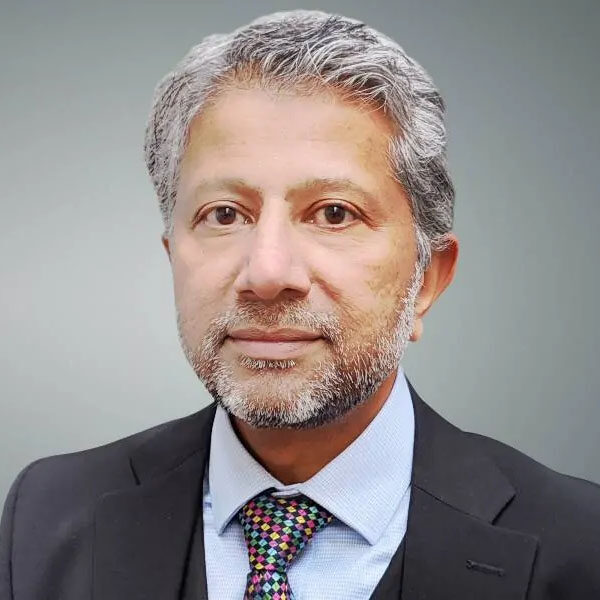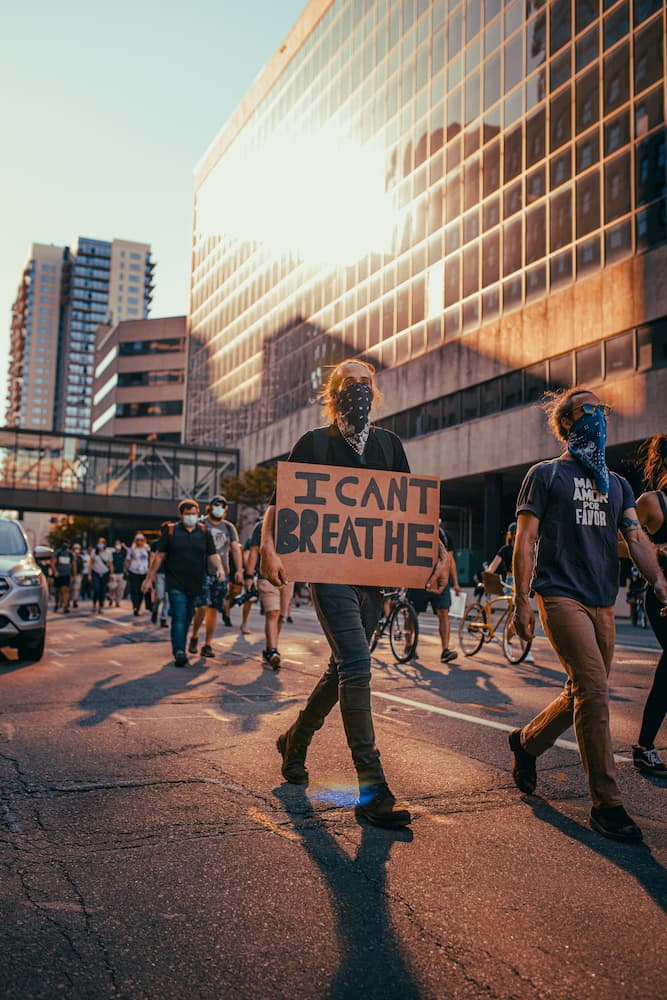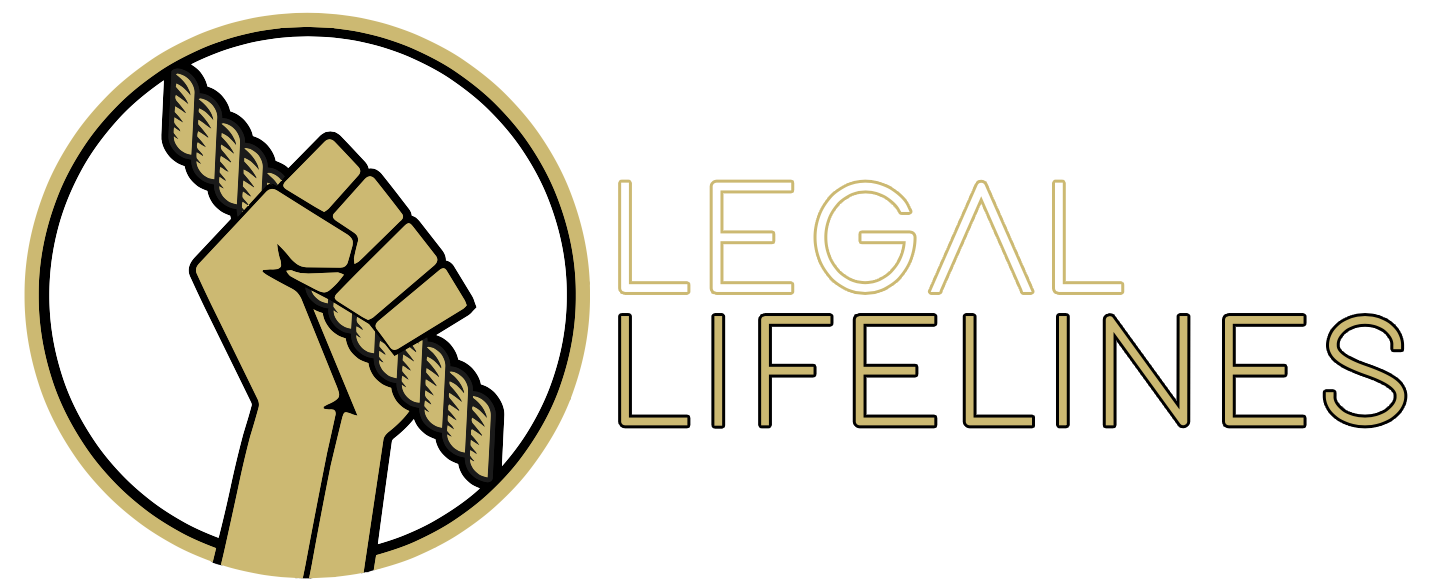Why the Right to Peacefully Protest Trumps (almost) Everything
“Find out just what any people will quietly submit to and you have found out the exact measure of injustice and wrong which will be imposed upon them, and these will continue till they are resisted…”
Frederick Douglass



Sailesh Mehta
Sailesh Mehta is a leading advocate who has defended and prosecuted in some of the most serious and important cases over the last 30 years. His practice ranges from serious and organised crime to high-profile regulatory cases. He sits as a Recorder of the Crown Court.
It is a shame that some peaceful demonstrations also attract a minority of those who loot, attack and burn and engage in other criminality. They rightly attract the opprobrium of peaceful protestors and the public. They have no place in movements such as BLM, whose leaders have warned against all non-peaceful activity. The toppling of the Colston Statute in Bristol is viewed by many to be a criminal act outside the BLM movement.
In this heady mix of law, politics and morality, millions of marchers across the globe have made individual political decisions to break the law. They should expect arrest and punishment, while hoping that the authorities will turn a blind eye There is, for a very short period of time, a small window of opportunity to acknowledge and address the institutional stain of slavery, segregation, poverty and unequal treatment. In 1964, Martin Luther King wrote a book: “Why We Can’t Wait” when responding to critical voices urging him to slow down. Ironically, black African-Americans were forced to continue their waiting until now.
The protestors have decided not to “quietly submit” to injustice and have taken up Frederick Douglass’ injunction to seek change through agitation. As Professor Howard Zinn has said: “Protest beyond the law is not a departure from democracy; it is absolutely essential to it.” Victims of centuries of inequality have seized the moment and believe that some ideals are worth breaking the law for. Already, they are seeing the fruits of their action in the USA where policing methods are likely to change radically.
What we are witnessing here and in the USA is the non-adherence to and the non-application of a law. Both decisions are political but made in a legal context. Where there is a disconnect between a clear breach of the law and a moral imperative to peacefully demonstrate, the State can enforce the law or turn a blind eye. Whatever it does will be criticised by a proportion of the public. On this occasion the State has (for now at least) opted to permit the march of history to pass through unimpeded, while Justice sometimes winks.


Free and independent legal advice
You will never be penalised for asking for legal advice. It is your legal right and it is free of charge.
Remember: the law is complex and it never hurts to get expert advice, even if you are sure you have done nothing wrong.
Ask for Michael Herford and he, or one of his specialist team will provide you with a Legal LifeLine when you need it most.


